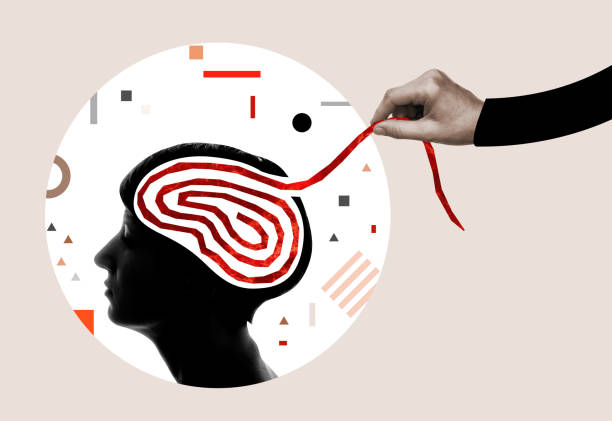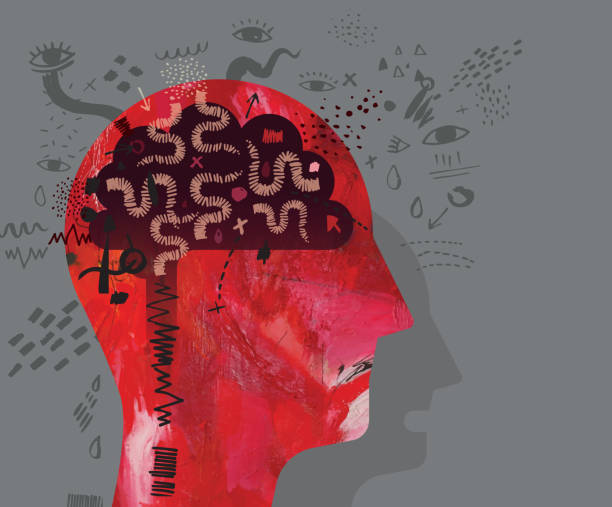Interpersonal Relationships and Social Support: Foundations for Functional Development

In the journey of functional human development, strong interpersonal relationships and robust social support systems provide essential pillars. By fostering healthy interactions and maintaining supportive networks, individuals can achieve growth that extends beyond personal boundaries. Psychology offers valuable tools to develop these skills, which are crucial for both professional and personal success.
1. Building Emotional Intelligence
Emotional intelligence (EQ) is the ability to recognize, understand, and manage emotions—both our own and those of others. This skill is essential in forming genuine, supportive relationships. Psychology teaches us to:
⭕ Self-Regulate: By understanding our emotional triggers and responses, we can navigate complex situations with composure. Self-regulation is key to avoiding conflicts and handling stress in relationships.
⭕ Empathize with Others: Empathy is the foundation of positive social connections. By learning to step into others’ perspectives, we build deeper trust and understanding, enhancing our ability to collaborate effectively.
⭕ Improve Communication: With better emotional awareness, we communicate more openly and respectfully. Clear communication helps us express our needs and feelings without misunderstandings, fostering a harmonious environment.
2. The Power of Social Support
A supportive network is an invaluable resource in navigating life’s challenges and pursuing growth. Psychology underscores the value of a community, helping individuals recognize that connection with others strengthens resilience and well-being.
⭕ Encouragement and Accountability: Social support fosters motivation. Friends, family, and colleagues encourage us to reach our potential, providing feedback and holding us accountable to our goals.
⭕ Stress Reduction: Sharing burdens with others mitigates stress, fostering a sense of security. Knowing there are people who understand and support us brings relief and boosts mental health.
⭕ Increased Resilience: Research in psychology shows that individuals with strong social connections recover more quickly from adversity. A network of support acts as a buffer, helping us face challenges with courage and optimism.
3. Practical Strategies to Foster Social Support
Psychology provides several actionable strategies to nurture meaningful relationships and build a reliable support system:
⭕ Practice Active Listening: Focusing fully on others when they speak strengthens connections. Active listening validates others’ perspectives and shows genuine interest in their thoughts and feelings.
⭕ Engage in Shared Activities: Participating in shared experiences, such as group sports or community projects, enhances social bonds. These activities create memories and foster a sense of unity and common purpose.
⭕ Seek or Establish Supportive Communities: Joining or forming groups centered on mutual interests or personal development creates an environment for growth. These communities, whether in person or online, provide resources, encouragement, and motivation.
Conclusion
Interpersonal relationships and social support are essential for functional development. Strong social skills and a reliable support network foster a resilient mindset, increase self-esteem, and enable us to face challenges with confidence. By cultivating emotional intelligence and embracing the power of social support, we not only enhance our own development but also contribute positively to those around us, creating a thriving, interconnected community.







Responses